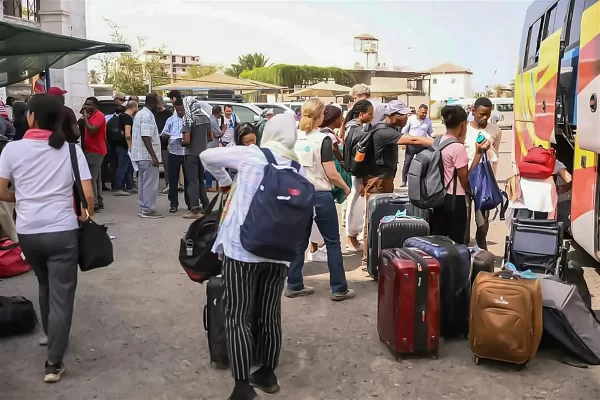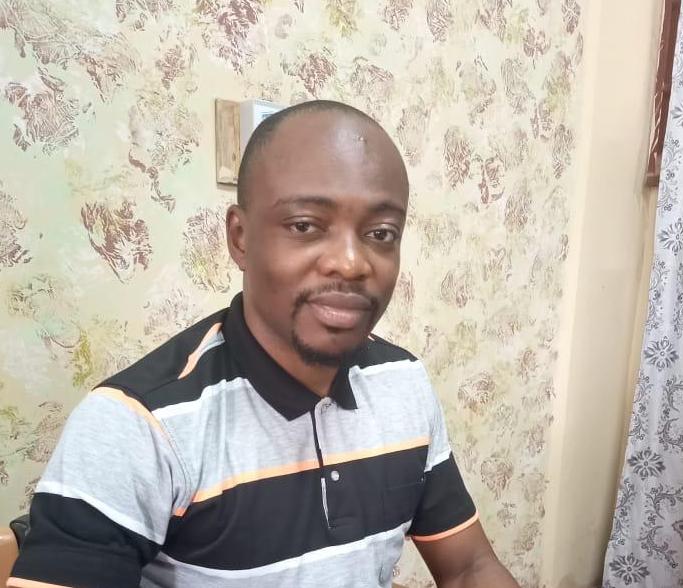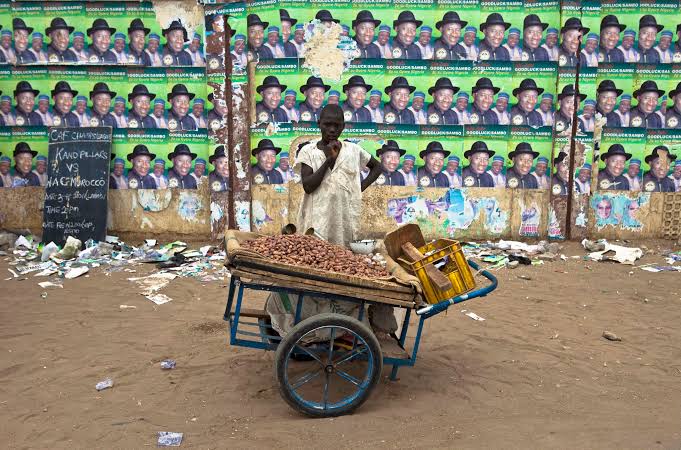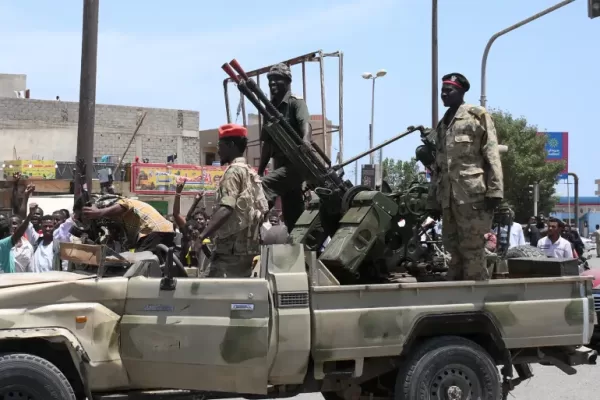INTERVIEW: Nothing wrong with studying in Sudan — we’ve many foreign students in Nigeria, says don

Mixed reactions have continued to trail the ongoing crisis in Sudan, which has left over 400 people dead and 4000 injured. The Nigerian government has been under fire over its perceived lag in evacuating its citizens stranded in the country.
Amid the ensuing melee, there have been arguments over whether or not Nigerians should even travel to a country like Sudan to study in the first place.
To some, the development typifies the desperation of Nigerians to exit the country at the slightest opportunity for greener pastures abroad. Others, however, disagreed.
In this interview, Ogochukwu Ukwueze, a lecturer at the University of Nigeria, Nsukka (UNN) in Enugu State, reflects on these arguments, Nigeria’s response to emergencies, and how citizens can foster change at individual levels.
CRISPNG: The Sudan crisis has been generating ripples, as a lecturer, do you think Nigeria’s educational system has become so bad that people now strongly desire to travel abroad — no matter the country — to study?
Ukwueze: Of course, we have always had the understanding that there is a problem with the educational system in Nigeria. There is no doubt about that, but what I can’t say with certainty is that it is the worst.
When people move outside their countries for educational purposes, it doesn’t always mean that at home, they can’t get something better. People have different reasons for going out (travelling abroad) but when it comes to education there are different other motivations for choosing a particular location. There are certain countries that are known for some speciality or expertise in certain areas.
If you want something technological, you could mention Japan, China and some other countries that are presenting themselves very well in that regard. So, when people go to Sudan for instance, I’m not seeing it to exactly mean that they are running away because they can’t get it better in their country.
Now, I will shock us. I’m not sure if anybody has thought of the number of foreign students in UNN for instance. Of course, there are a lot of factors that work against us in Nigeria in terms of education.
We have a whole lot of foreign students in Nigerian universities. I once met one who was on a scholarship at UNN. I also met another studying in the economics department at UNN. Then, there was an undergraduate student from Liberia; that one, during the 2022 ASUU strike that lasted for about 8 months or thereabout, she travelled and said she was not coming back again.
She wanted to stay back, in fact, she stayed for up to five months, but her parents called her back as there was no point staying since there was no hope of resumption. These instances are to show that we also have foreign students in Nigeria and you cannot then assume that they are here because perhaps here is better for them.
That may be the case, but that also draws our attention to the fact that people go to where their preferences lie and these preferences could be personal. In fact, it is always personal, it could be for any reason. So, that we have our fellow countrymen in Sudan does not mean that here in Nigeria, nothing good can be said about our educational system, and of course, we know our problems but we have to know this fact as well.
CRISPNG: What’s your take on the Nigerian government’s response to the emergency situation in Sudan?
Ukwueze: The problem we’ve observed in Nigeria is that our politics have been commercialised and because of that we see politicised responsibility. In fact, the leaders’ responsibilities have become politicised because politics is commercialised. So, because politics is where money is made, then, even being human is made political so that money can be made from it.
There could be other diplomatic delays and other administrative or bureaucratic issues, but then, we cannot deny the fact that our responsiveness, our attitude to every single thing we do has been tampered with by a sense of commercialization. What do I gain from doing this? If you look around you, in your own small way, you would discover that at every point in time you are doing something for someone, you are looking out for what you will get in return.
The same thing happens to those in power. Students come into your office to submit an assignment and you are expecting these students to give you something because they have come to submit an assignment. You enter a government office to have someone’s signature and they are expecting a tip from you. So, people think that ‘I must get something from whatever duty I am discharging’.
This seems to be what we find at the leadership level, at the federal level, perhaps in a more impactful way. But let us not be so judgmental because this is our attitude, this is a common thing. By the time we begin to understand it this way, we see that the change actually begins with us. So, the response, in summary, is a question of responsibility having been tampered with by a sense of commerce.
…in Nigeria is that our politics have been commercialised and because of that we see politicised responsibility.
CRISPNG: How best do you think Nigerians can contribute to the development of the nation at the individual level?
Ukwueze: I have this understanding that Nigerians have actually learnt to do it themselves. When Nigerians complain, they are really complaining because they owe themselves the responsibility to hold their leaders to account. It’s not that Nigerians do not do things themselves. Everywhere around us, we see people doing things for each other, things that government should be doing.
Around my place, there are several roads constructed by individuals. These are things that ordinarily, we should expect the government to do, but individuals are doing it. Even today, in Nsukka here, there is this person somewhere in Ibagwa that goes to schools and renovates them, there is this road he just tarred.
People are actually doing things and this proves the fact that we do not wait for the government for anything. Look at our graduates, for instance, a student of mine told me of one training she concluded and started another. These are training sessions that will get her skilled to do something for herself.
In fact, the basic thing an average Nigerian asks of the government is an enabling environment. Just give me that environment where I would not be killed, secure me, let me not be at the mercy of your exploitation, this is it. So, I don’t want to dismiss how much effort Nigerians make. However, as much as possible we have to change our attitude because it is because we allow or we identify with some of these oppressors for crumbs that they are able to get away with things.

I think what we need now is to ensure that our leaders do the right thing. It is just a question of people not being held accountable, or not holding people responsible. What I think we can also do as citizens in addition to our already cultivated self-reliance is to hold the leaders accountable as much as possible. That I am being paid two kobo is not why I should risk my life to engage in certain malpractice that may put this bad person up there. At the end of the day, we are still the sponsors of the evil. A little more discipline that will let us not become prone to the little enticements of the leaders is what we need and then we will be able to hold them responsible to give us that enabling environment to perform.
At the end of the day, we are still the sponsors of the evil
By Blessing Chukwuneke

